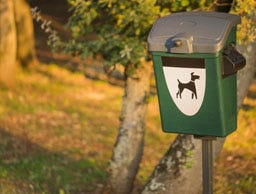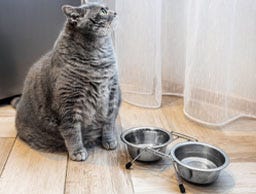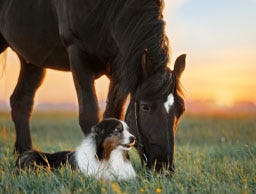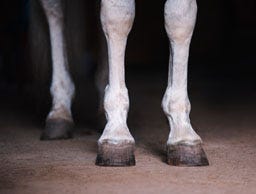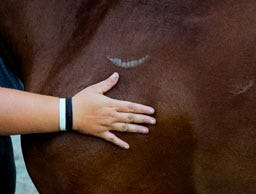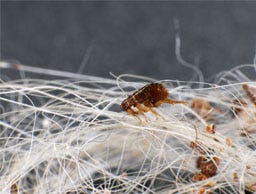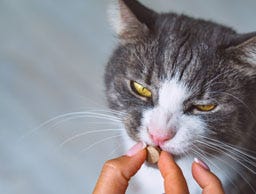Winter Pet Care Tips
As the seasons change, so do your pet's needs. In this blog, we're sharing some of our top winter wellness tips for pets so you can keep your pet happy and healthy through the cold weather of the winter months.
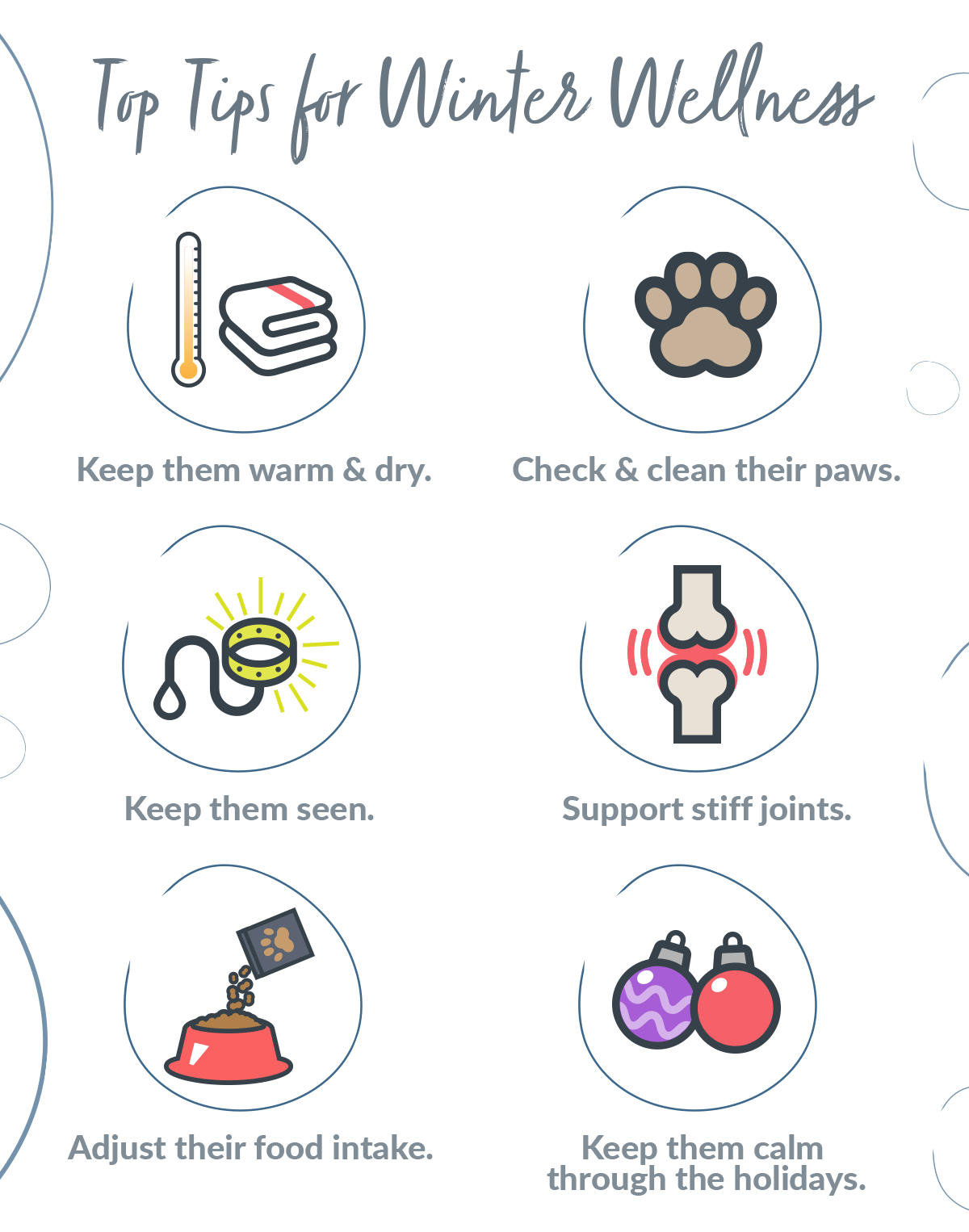

Adjust Their Diet
Some pets, especially those active or living in the cold, may need more food during the winter. This is because they deplete their energy resources much quicker by growing winter coats, maintaining their internal body temperature, and adding to their fat reserves for insulation. Increasing your pet's food intake can ensure they have enough energy for all their day-to-day needs and help them cope with the cold.
However, not all pets require more food, and upping their intake might lead to overfeeding. Instead, they might benefit from having more energy-dense foods or supplements to make up the difference. Some energy-dense foods that are safe for dogs and cats include:
- Bone broths (pet-safe or homemade),
- Oily fish (such as tuna or salmon) are bursting with Omega-3 and unsaturated fats,
- Broccoli contains vitamins, minerals, and fibre, aiding digestion and allergies.
A sign your pet needs more food this time of year is weight loss, as the body uses up the calories it gets from food to increase its fat reserves for insulation. However, if you're unsure if your pet needs its food altered during the winter, speak with your vet for advice.
Antifreeze Safety
Car owners use antifreeze to keep their cars in working order as the temperature drops. While most anti-freeze is water-based, it does contain chemicals, such as ethylene glycol and methanol, which are highly toxic to humans and pets.
Due to its sweet scent and taste, many pets are drawn into drinking antifreeze from puddles, leaking car radiators, uncleaned spills, and outdoor water fountains, which are often treated in the winter to stop the water from freezing.
To keep your pet safe, try some of the following:
- Use pet-safe anti-freeze (Propylene glycol-based),
- Stop your pet drinking from any puddles, fountains or water features that might contain anti-freeze,
- Clean up antifreeze spills quickly and efficiently by absorbing the liquid before cleaning the area,
- Always store anti-freeze and other harmful chemicals in a safe and secure location your pet can't reach,
- Provide plenty of fresh water for outdoor pets.
Early symptoms of antifreeze poisoning appear between 30 minutes to 12 hours after ingestion. These symptoms include vomiting, tiredness, unsteady movements, extreme thirst, and frequent urination. It is crucial you call your emergency veterinarian as soon as you notice any of these poisoning symptoms, as your pet's condition may continue to decline, leading to seizures, comas, and even death.
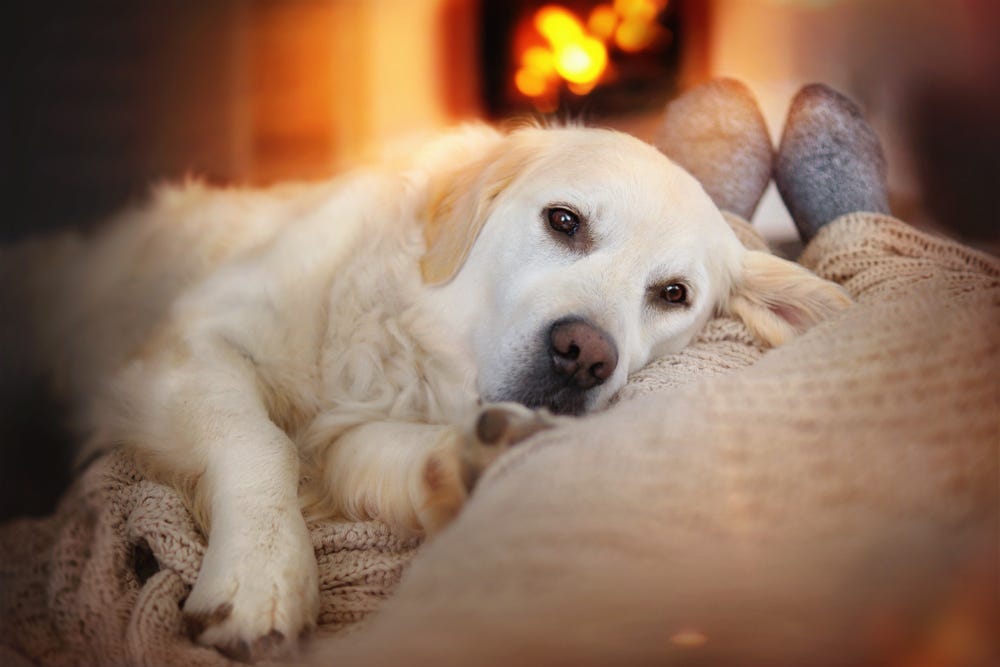

Stay Warm & Dry
Nobody enjoys going out during the colder months, but this can be unavoidable for pets with access to the outdoors. When pets are wet, they are susceptible to some health conditions, including but not limited to fungal or bacterial infections, skin irritation, matting, cold water tail, and more. Pets left wet during colder months are also at risk of hyperthermia, which occurs when your pet's core body temperature is too low.
To help keep your pet warm and dry this winter, try:
- Drying your pet when they come in from outside,
- Providing warm bedding where they sleep,
- Providing a snug outdoor shelter for animals that free-roam,
- Bring small animals (such as rabbits, guinea pigs, etc) indoors or weather-proof and insulate their enclosure.
Try to reduce the number of baths you give dogs during this season so they don't spend too much time wet or dry them as thoroughly as possible afterwards. Long-haired pets should also be allowed to grow their coat out for extra warmth, but more grooming will be required to prevent matting, especially while their winter coat comes in.
Certain cat and dog breeds (Especially those from warmer climates) also need extra protection from the cold because they don't grow winter coats or struggle to retain heat. These are evolutionary traits the breed has developed to live in their native climates, which may not translate to the cold and wet of an English winter. Dog coats are a great way to give your dog that extra warmth during winter walks.
If you are worried about your outdoor cat during the colder months, read our blog for tips on keeping your cat warm.
Cold Weather Joint Support
The wet and cold of winter can play havoc on your pet's joints. Older pets, in particular, can struggle with stiff joints in winter, making it harder for them to stay mobile. You may notice your dog has difficulty climbing the stairs or getting on the sofa, or your cat may be less active and spend more time inside or asleep.
The best way to manage winter joint problems for pets is to introduce a joint care supplement with good, joint-supporting ingredients like Glucosamine and Chondroitin Sulphate, such as Seraquin® Chewable Joint Supplements or YuMOVE Joint supplements.
You can browse our full range of joint care supplements from top brands in the link below.


Winter Paw Care
Caring for your pet's paws should be part of any pet grooming team, but it is especially important during the winter. Ice, snow, salt, and de-icing chemicals can damage your pet's paws, especially if caught between the toes. Cold temperatures can also dry your pet's skin and make paws more prone to cracking.
If left untreated, cracked paws can cause numerous problems for your pet, including but not limited to:
- Soreness
- Limping
- Overgrooming the area
- Infections
To care for your pet's paws in winter, clean and dry them after they've come in from outside, making sure to get between their toes. Once dry, check their paws for any sign of redness or cracking. Then, apply a moisturising, pet-safe paw balm like this Sensiderm® Nose & Paw Pad Protector Balm for dogs and cats.
Do not use human moisturizers on pets. They are not made for animals and can make their skin too soft and prone to injuries.
Small Animal Care
Small animals also need extra care in the winter to protect them from the elements and ensure hungry predators can't get at them either. If possible, you should try to bring your small animals, like rabbits, guinea pigs, or ferrets, indoors so they can stay warm and dry.
If you can't bring your small pets inside for the winter, make sure to properly weather-proof their enclosure against rain and wind, provide them with extra bedding to burrow in and stay warm, and check that their water hasn't frozen. Our blog offers more advice for keeping small animals safe in winter.
Winters can be tough for us all, especially our pets, who can't tell us when something is wrong. Make sure you take the necessary steps to ensure your pet remains warm, dry and healthy this season with our range of Winter Pet Essentials. Perfectly picked products designed and formulated to stop you from getting caught in the cold.


This post is an opinion and should only be used as a guide. You should thoroughly discuss any change to your pet’s care or lifestyle with your vet before starting any program or treatment.




























